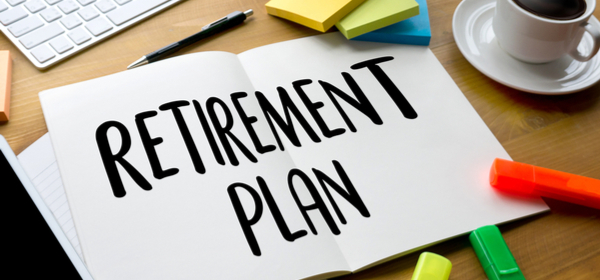The fear of running out of money in old age is common among people contemplating hanging up their hat or already at the start of their retirement.
Those unfortunate enough not to have a healthy superannuation balance or who don’t own their home or other significant assets are possibly justified in this concern.
The Federal Government website, MoneySmart, recommends seeking professional advice before making a major financial decision about your nest egg.
The best place to start this journey is to understand your current financial position.
Many financial planners spook their clients by repeating a myth that in order to retire comfortably, a balance of more than $1 million is necessary. This is not true if your living costs and expectations are reasonable.
A YourLifeChoices analysis reported in the December 2017 Retirement Affordability Index indicates that just over half of retirees (52 per cent) will be entitled to part or full Age Pensions even though they may have savings, whether in superannuation or elsewhere.
Barefoot Investor Scott Pape regularly writes about the reality that – with conscientious planning – even retirees on a low income can build up some financial security as the years roll on.
Pape’s number one golden rule of retirement is to keep working. Not in the same way you did before retirement, but perhaps a couple of days or even just a few hours a week. This may also help to keep you mentally and physically healthier, which could reduce medical and pharmaceutical bills down the track.
Working during semi-retirement is encouraged by the Federal Government. In fact, a couple can earn more than $7500 a year without their pension entitlements being affected and much more with only minimal reductions to government payments.
YourLifeChoices research shows that a modest retirement requires about $35,700 a year to cover day-to-day costs for couples ($22,450 for singles). An affluent couple who travel and dine out would need around $74,000 to cover their spending ($42,200 for singles).
Older Australians who do not own a home are the ones facing the biggest financial struggles. If you are in this category, be reassured that there are many organisations out there that have your back.
If affording healthy groceries is a challenge, look up one of the food rescue/banks listed here to see if there is one near you.
Thanks to the popularity of op-shopping, you can spot several good quality second hand stores in most suburbs nowadays. They are full of all manner of useful things, in addition to clothes.
And if paying your utility bills is a problem, ring the companies and tell them. All major service providers are obliged to extend terms to customers who ask for some help keeping up with payments.
MoneySmart also lists a number of services and hotlines to help get your money matters back in order. Plus, the Department of Human Services can also lend a hand if you are experiencing an extreme financial crisis.
Related articles:
Will your money last?
Post-retirement strategies
ASIC slams planners

